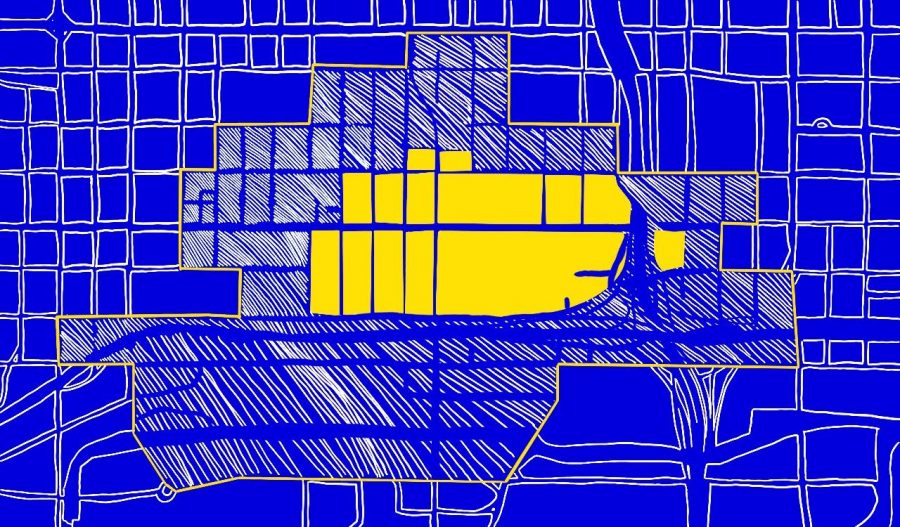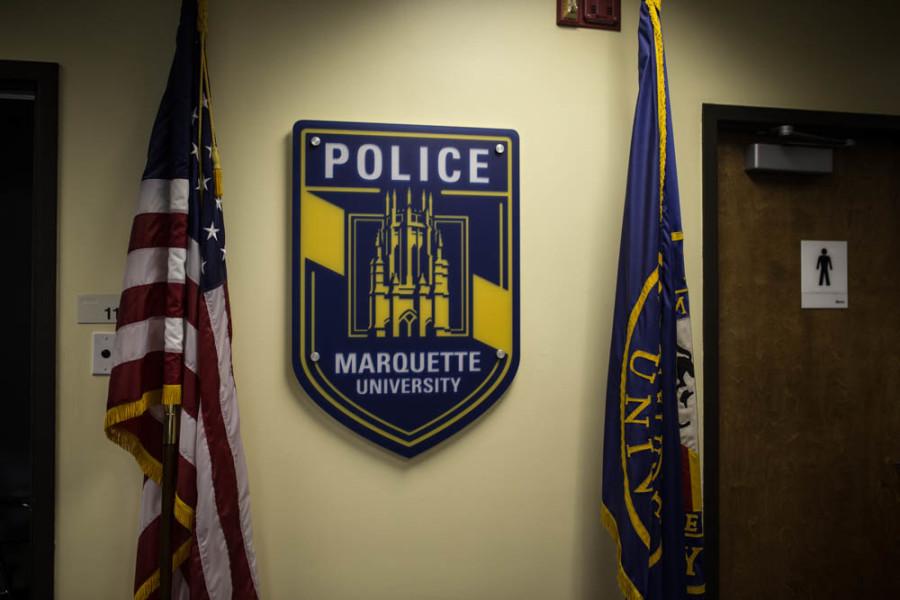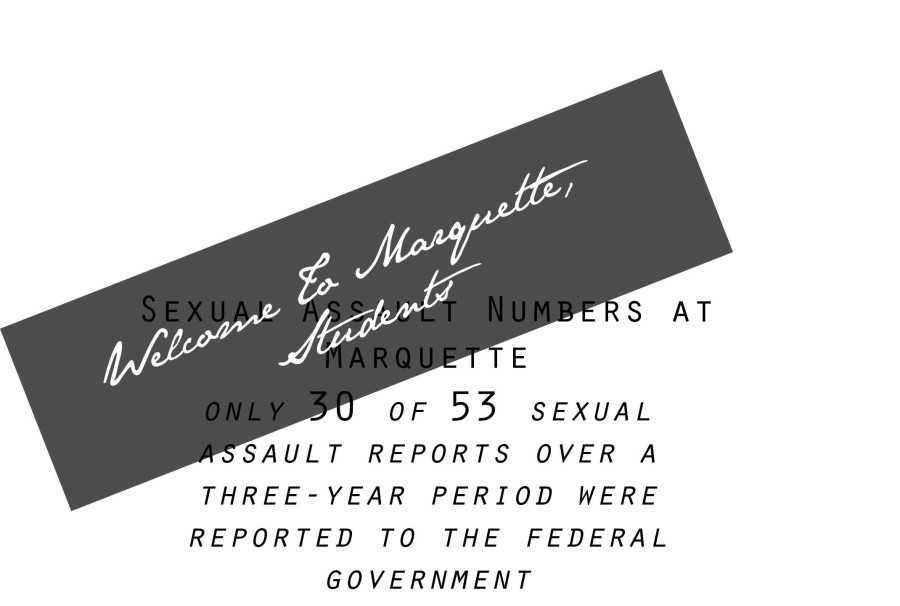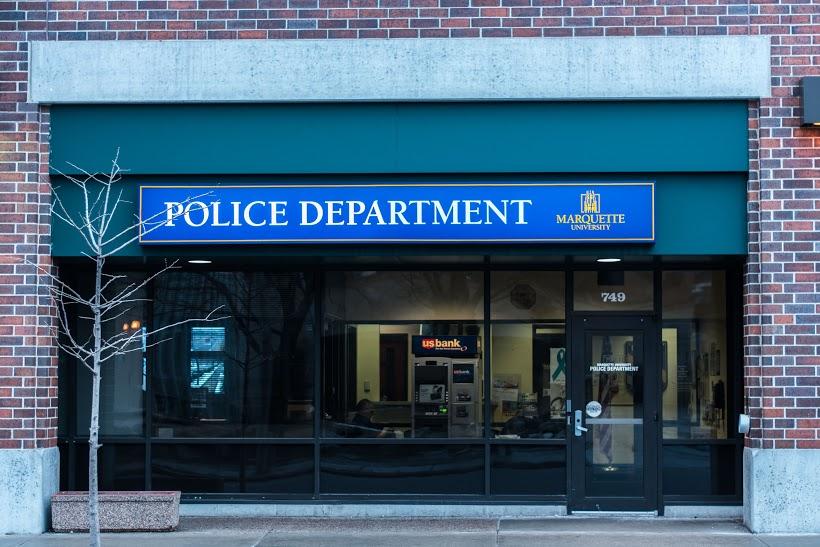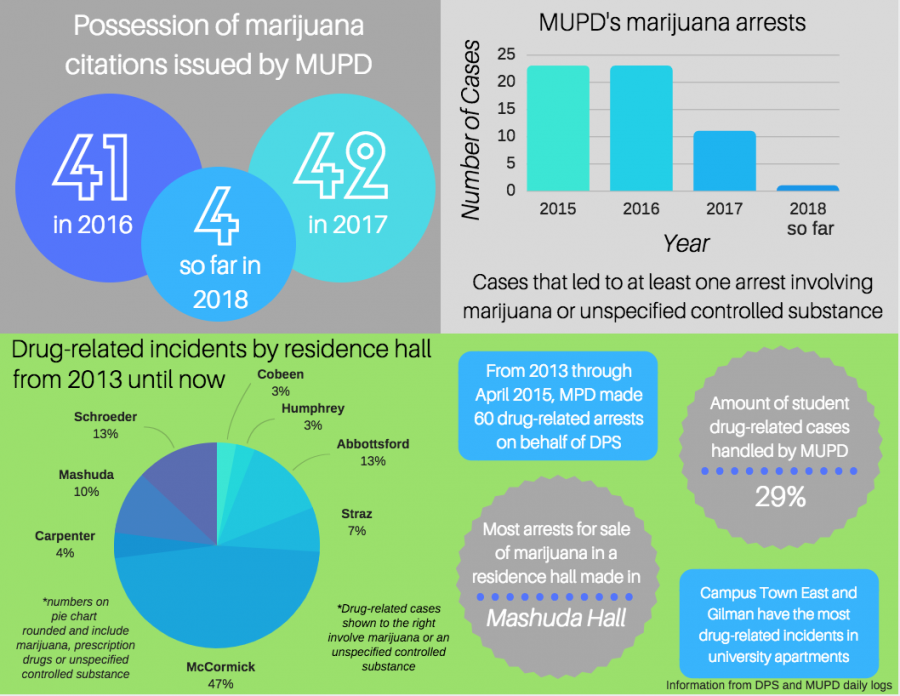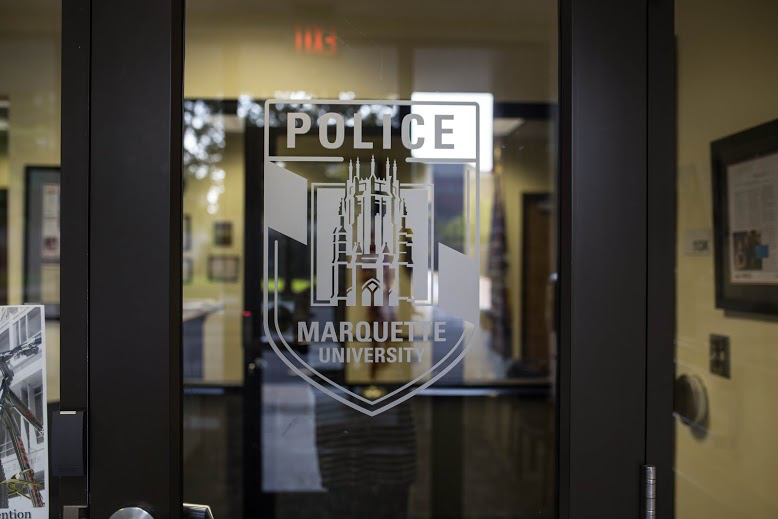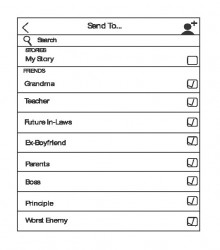 In the current obsession with easy and fast technology, the Snapchat app fits the bill. Anyone can take an embarrassing picture or a quick video, write a caption and send the snap off to friends who can view it for a few seconds. It is there to entertain and then it is gone.
In the current obsession with easy and fast technology, the Snapchat app fits the bill. Anyone can take an embarrassing picture or a quick video, write a caption and send the snap off to friends who can view it for a few seconds. It is there to entertain and then it is gone.
Except sometimes the picture does not just go away.
This is a problem the account “mu_snaps” poses to students on campus. Students can send their snaps to an anonymous account to be included in its story and then shared with anyone who has added mu_snaps. Only the account owner knows who is looking at the photos and is therefore in control of the image, or so it would seem.
However, most people are able to take screenshots on their phones, thus saving the photo for later viewings or other uses. While this may seem like a good way to check out that funny photo later, it can be dangerous depending on the content of the photo. Images depicting illegal, unsafe or lewd behavior could be seen by unsavory third parties without the original sender’s knowledge.
Students should be aware of the dangers and problems that arise from sharing information with an unknown group of people. These photos may end up having a longer life and impact than the originally intended five seconds.
For students in the residence halls, photos that show location could attract hall directors or resident assistants’ attention and result in a write-up. Photos of an underage student in a bar could get to the Department of Public Safety, the Milwaukee Police Department or worse, their parents. As there is no way of finding out all the people who can see the pictures through mu_snaps, they may as well be public.
We need to be thoughtful and cautious about how we represent ourselves and our friends as these things could even come back in the distant future.
The recent hacking of Snapchat photos shows snaps disappear on your phone but are ultimately kept in a database by the company. If photos from mu_snaps were leaked to a wider audience, it could affect job opportunities or prospective dates. Our information is not always safe and our reputation and public image could be damaged by a single slip.
It is not just the individual’s reputation at stake with the use of mu_snaps, but also the university’s. While the account is in no way condoned, the university can still be connected and can be assigned blame if a serious incident takes place in an image or as the result of one.
Technology is constantly changing and offering people ways to communicate. Snapchat is currently in early stages of a “College Story” feature, where all of Marquette campus’ photos could be viewed in one place. This would take out the middle man and result in less control. It seems like only more trouble could come from this.
Mu_snaps may be a fun way to show people on campus an interesting shot of University President Michael Lovell or the Marquette turkey, but caution should be used when displaying yourself or your friends to an unknown base.
With the risks in mind, students need to be careful about what and with whom they share if they want to accurately represent themselves and the university.

